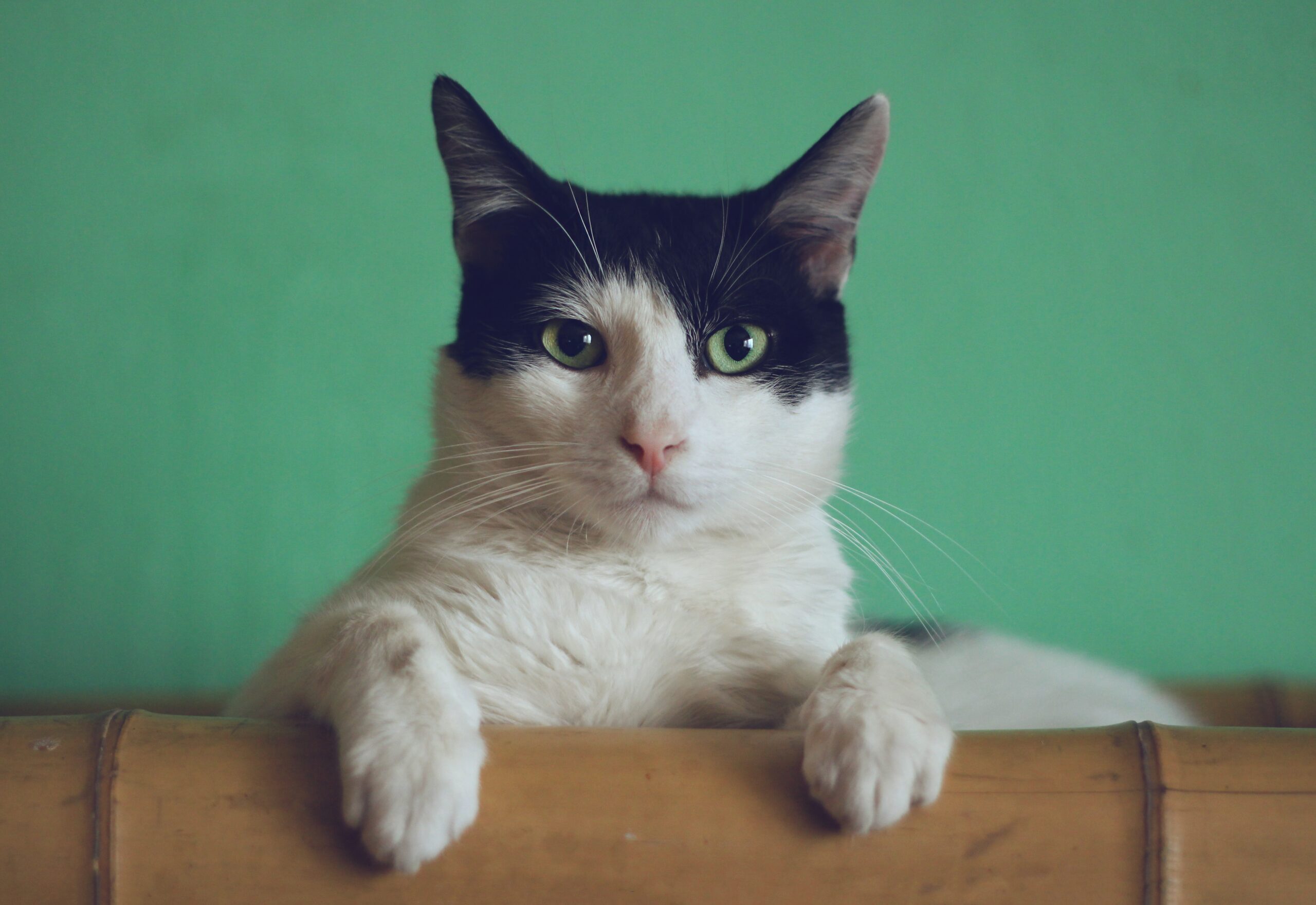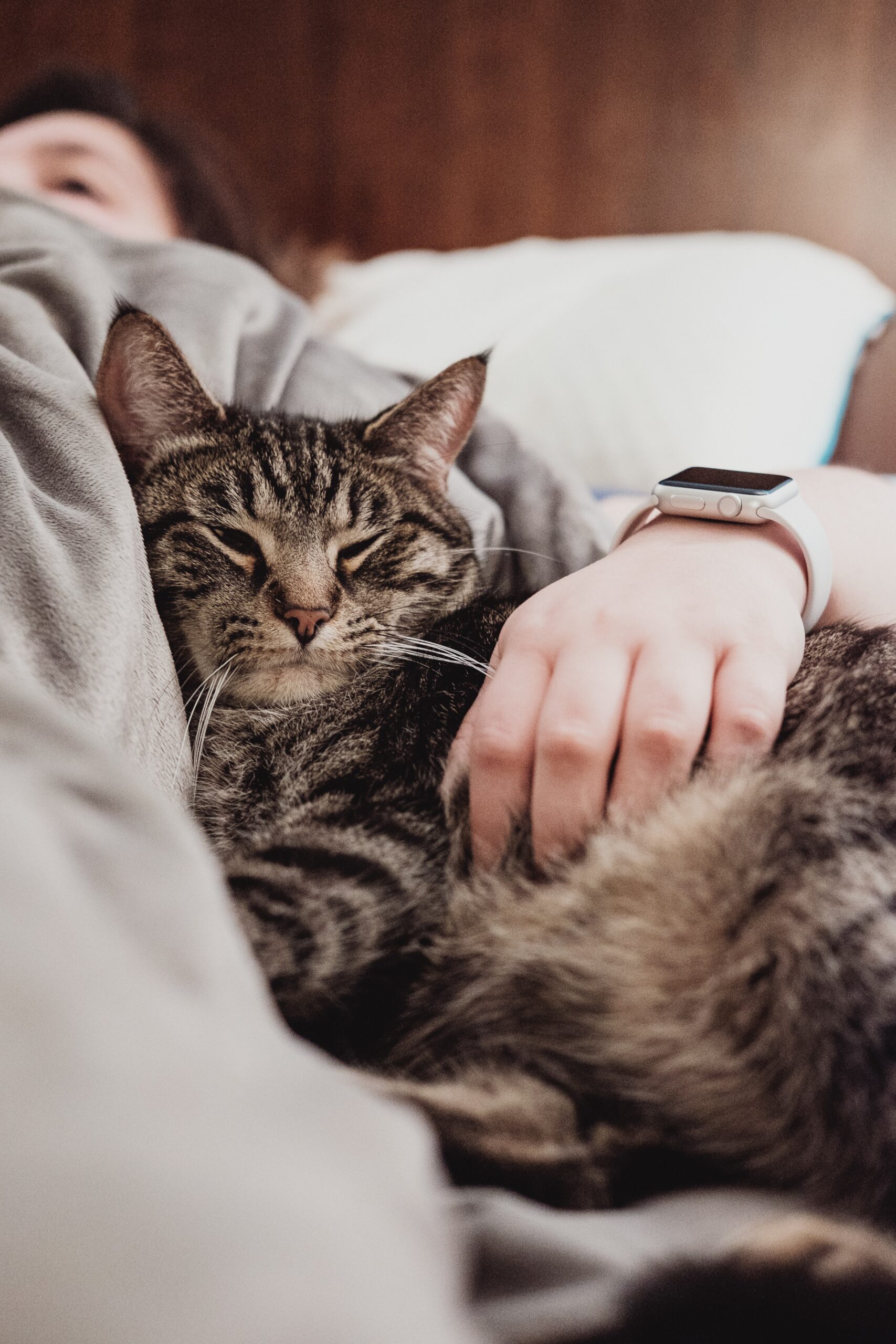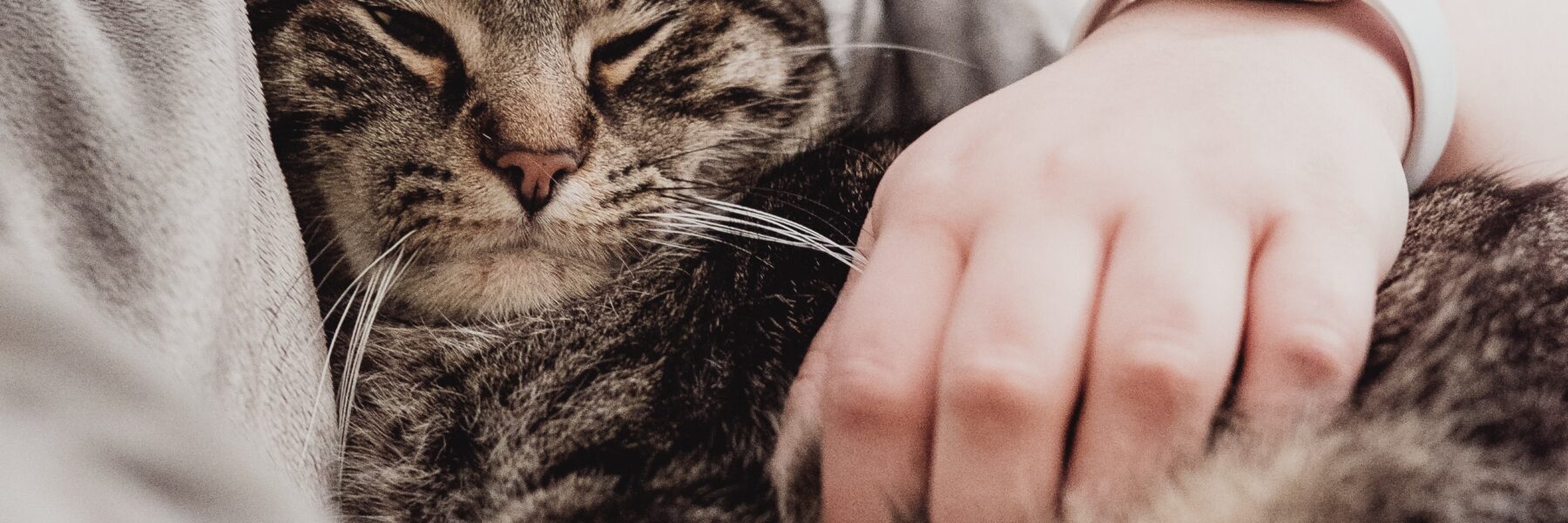You’re curious about what foods you can share with your feline friend from your fridge, aren’t you? Well, wonder no more! In this article, we’re going to explore some delicious and nutritious options that are safe for your cat to enjoy. From cooked chicken to small portions of cheese, you’ll discover a variety of treats that will have your cat purring in delight. So, let’s open that fridge door and find out what delectable surprises await your furry companion!
Meat products
Cooked chicken
Cooked chicken can be a great addition to your cat’s diet. It is a lean source of protein that provides essential amino acids for your cat’s overall health. However, make sure it is cooked thoroughly without any seasoning or added ingredients that may be harmful to your furry friend. Remove any bones to prevent choking hazards. Offer small, bite-sized pieces to your cat to enjoy as an occasional treat or mixed into their regular meals.
Cooked turkey
Similar to cooked chicken, cooked turkey can also be a safe and delicious treat for your cat. It is a good source of protein and can provide essential nutrients while adding variety to their diet. Remember to remove any bones and avoid feeding your cat seasoned or processed turkey, as these may contain harmful ingredients. Stick to plain, cooked turkey meat in small, easily digestible portions.
Cooked fish
Fish is a favorite among many cats, and cooked fish can be a healthy and tasty addition to their meals. The omega-3 fatty acids found in fish can support your cat’s skin, coat, and overall well-being. However, ensure the fish is thoroughly cooked without any seasoning or added oils that may be detrimental to your cat’s health. Popular choices include salmon, tuna, and whitefish. Remember to remove any bones and offer the fish in small, manageable portions.
Dairy products
Plain yogurt
Plain yogurt can be a beneficial addition to your cat’s diet as it is a good source of calcium, protein, and probiotics. However, it is important to note that some cats are lactose intolerant, so monitor your cat’s reaction when introducing yogurt. If your cat shows any signs of digestive upset after consuming yogurt, it may be best to avoid this dairy product. Additionally, avoid flavored or sweetened yogurt, as it may contain ingredients that are harmful to cats.
Cottage cheese
Cottage cheese can be a nutritious and protein-packed treat for your feline friend. It is a great source of calcium and vitamins while being low in lactose. Like yogurt, it is important to observe your cat’s reaction to cottage cheese and ensure they tolerate it well. Offer small amounts as an occasional treat or mix it into their regular meals for added variety. Avoid cottage cheese with added seasonings, flavors, or salt, as these can be harmful to cats.

This image is property of images.unsplash.com.
Vegetables
Carrots
Carrots are a healthy and crunchy vegetable that can offer various benefits to your cat’s diet. They are a good source of fiber, vitamins, and antioxidants. However, cats are obligate carnivores, and their primary nutritional needs should be met with animal protein. Therefore, while carrots can be offered as a small, occasional snack or an addition to their meals, they should not replace a significant portion of your cat’s diet. Offer finely grated or cooked carrots in small portions to prevent choking or digestive issues.
Green beans
Green beans can be a safe and nutritious addition to your cat’s diet. They are low in calories, high in fiber, and packed with essential vitamins and minerals. Green beans can help promote healthy digestion and even assist with weight management in overweight cats. Opt for plain, cooked green beans without any added seasonings or oils. Offer them in small, bite-sized pieces as a treat or mix them into your cat’s regular meals for added nutrition.
Peas
Peas are another vegetable that can be included in your cat’s diet in moderation. They are a good source of fiber, vitamins, and minerals. However, it’s important to keep in mind that cats have specific dietary requirements, and the majority of their nutrition should come from animal-based protein. Offer cooked peas as a small, occasional treat or mix them into your cat’s meals for added texture and nutrition. Avoid feeding your cat peas that are seasoned or cooked with other harmful ingredients.
Pumpkin
Pumpkin can be a beneficial addition to your cat’s diet due to its high fiber content. It can help regulate digestion and ease any constipation or diarrhea issues your cat may experience. However, it is important to use plain, cooked pumpkin without any added sugars or spices. Avoid feeding your cat pumpkin pie filling or canned pumpkin pie mix, as these often contain harmful ingredients. Offer small amounts of plain, cooked pumpkin as an occasional treat or mix it into your cat’s meals.
Fruits
Apples
Apples can be a safe and healthy treat for your cat when fed in moderation. They contain essential vitamins and antioxidants that can support your cat’s overall health. Before offering apples to your cat, ensure they are thoroughly washed, remove the seeds and the core, and cut them into small, easily chewable slices. Remember that apples should be given as an occasional snack and should not replace a balanced feline diet that prioritizes animal protein.
Bananas
Bananas can be a wonderful fruity treat for your cat. They are a good source of potassium, vitamin C, and dietary fiber. However, keep in mind that bananas are high in natural sugars, so they should be offered in moderation. Offer small, bite-sized pieces of fresh, ripe bananas as an occasional treat or mix them into your cat’s regular meals for added flavor. Avoid feeding your cat bananas that are overripe or have any added sugars or flavorings.
Blueberries
Blueberries are packed with antioxidants and vitamins that can benefit your cat’s health. They are low in calories and high in fiber, making them a healthy treat option. Offer a few fresh blueberries as a snack or mix them into your cat’s meals as a nutritious addition. Remember to wash the blueberries thoroughly before serving and only offer them occasionally, as they should not become a significant part of your cat’s diet.

This image is property of images.unsplash.com.
Grains
Cooked rice
Cooked rice can be a safe and easily digestible grain option for your cat. It can provide some extra carbohydrates and energy to their diet. However, it is important to note that cats are obligate carnivores, and their main nutritional needs should be met with animal-based protein. Offer plain, cooked rice as an occasional addition to their meals or as a treat. Avoid flavored or seasoned rice that may contain harmful ingredients for cats.
Cooked pasta
Cooked pasta can be a fun and alternative treat for your cat. However, it should be offered in moderation, as cats are not designed to eat a high-carbohydrate diet. Opt for plain, cooked pasta without any sauces or seasonings that may be harmful to cats. Offer small portions of pasta as an occasional indulgence or mix it into their regular meals for added texture and variety.
Eggs
Scrambled eggs
Scrambled eggs can be a tasty and protein-rich treat for your cat. They provide essential amino acids and can be easily digested. Cook the eggs thoroughly without any seasoning or added ingredients that may be harmful to cats. Offer small portions of scrambled eggs as an occasional treat or mix them into your cat’s regular meals for added flavor and nutrition.
Boiled eggs
Boiled eggs can be a nutritious and protein-packed addition to your cat’s diet. They offer essential amino acids and are easy for cats to chew and digest. Remember to thoroughly cook the eggs and remove the shell before offering them to your cat. Offer small pieces of boiled eggs as an occasional treat or mix them into your cat’s meals for added nutrition.

This image is property of images.unsplash.com.
Herbs and spices
Parsley
Parsley is a popular herb that can provide various benefits to your cat. It contains vitamins A, C, and K, as well as antioxidants. However, it should be given to your cat in small amounts and not as a primary source of nutrition. Offer finely chopped or powdered parsley as a small, occasional addition to your cat’s meals for added flavor and potential health benefits. Avoid using excessive amounts of parsley, as it may have diuretic effects on cats.
Oregano
Oregano is an aromatic herb that can add a burst of flavor to your cat’s meals. Its antibacterial and antimicrobial properties may also provide some health benefits. However, oregano should only be used in small amounts as a seasoning or garnish, and not as a primary ingredient. Ensure it is completely dried and free from any additives or preservatives before using it in your cat’s food. Keep in mind that some cats may be sensitive to strong flavors, so monitor your cat’s reaction when introducing oregano.
Dill
Dill is a fragrant herb that can be a safe and flavorful addition to your cat’s meals. It offers antioxidants and may provide digestive benefits. However, like other herbs, it should be used in moderation and as a secondary ingredient. Offer finely chopped or dried dill to your cat’s meals or use it as a garnish to enhance the taste. Avoid using excessive amounts of dill, as it may overpower the flavor and potentially cause digestive upset in some cats.
Miscellaneous
Unseasoned cooked tofu
Unseasoned cooked tofu can be a suitable source of plant-based protein for cats following a vegetarian or vegan diet. However, it is important to note that cats are obligate carnivores and have specific dietary requirements for animal-based protein. If you choose to incorporate tofu into your cat’s diet, ensure it is cooked thoroughly and devoid of any seasonings or flavorings that may be harmful. Offer small pieces of tofu as an occasional treat or mix it into their regular meals to supplement their protein intake.
Plain cooked oatmeal
Plain cooked oatmeal can be a healthy and fiber-rich addition to your cat’s diet. It can help regulate digestion and provide some extra nutrition. However, keep in mind that cats have specific dietary needs, and the majority of their nutrition should come from animal-based protein. Offer small portions of plain, cooked oatmeal as an occasional treat or mix it into their regular meals for added texture and flavor. Ensure the oatmeal is cooked thoroughly and does not contain any added sugars or sweeteners.
Unsalted canned tuna
Unsalted canned tuna can be a tempting treat for your cat, but it should be offered sparingly. Tuna is a good source of protein and omega-3 fatty acids, but it should not replace a balanced and nutritionally complete diet for your cat. Offer a small amount of unsalted canned tuna as an occasional treat or mix it into their meals for added flavor. Avoid offering tuna packed in oil or with added seasonings, as these can be harmful to cats.
In conclusion, while there are several food items from the fridge that cats can enjoy, it is crucial to remember that they have specific dietary needs as obligate carnivores. Always prioritize animal-based protein as the main component of their diet and offer other foods as occasional treats or additions. Monitor your cat’s reaction to new foods and consult with your veterinarian if you have any concerns about their diet or specific dietary limitations. Remember to provide a balanced and complete diet to ensure your cat’s long-term health and well-being.


